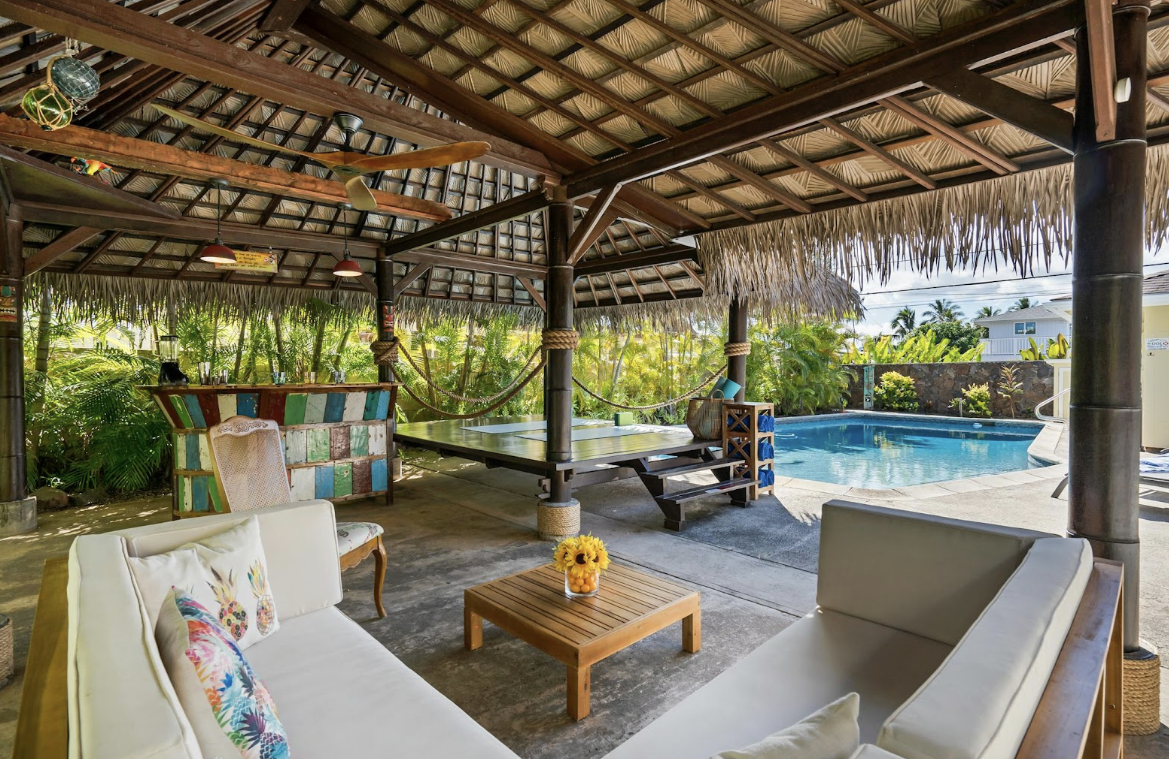How to Maximize Outdoor Space for Small Homes
Small outdoor spaces can feel limiting, but with a bit of creativity and smart design, you can transform your yard, patio, or balcony into a functional and inviting area. Here’s how to make the most of your outdoor space while maintaining style and practicality.
Design a Multi-Functional Deck
A deck is a great way to maximize outdoor space, providing a versatile platform for lounging, dining, or entertaining. With options like Platinum Deck and Patio, you can design a custom deck that fits perfectly into your space and meets your needs. Multi-functional decks can include built-in seating, storage benches, or even designated areas for grilling and dining. By incorporating these features, you can create a seamless flow between different activities, making the most of every square foot. A well-designed deck can also enhance the aesthetics of your home and increase its value.
Incorporate Vertical Gardening
When floor space is limited, think vertically. Vertical gardens are an excellent way to add greenery to small outdoor spaces without taking up much room. Use trellises, wall-mounted planters, or tiered shelves to grow flowers, herbs, or small vegetables. Not only do vertical gardens save space, but they also add visual interest and a sense of lushness to your outdoor area. For added convenience, choose plants that are low-maintenance and thrive in your climate. This approach maximizes greenery while keeping the area open and functional.
Choose Space-Saving Furniture
Selecting the right furniture is key to making the most of a small outdoor area. Opt for space-saving pieces like foldable chairs, stackable stools, or tables with built-in storage. Modular furniture is another great option, as it can be rearranged to suit your needs and stored away when not in use. Additionally, look for furniture that serves dual purposes, such as ottomans that double as storage boxes or benches with hidden compartments. This ensures you have everything you need without overcrowding the space.
Use Lighting to Create Ambiance
Lighting plays a crucial role in transforming a small outdoor space into a cozy and inviting retreat. By thoughtfully selecting and positioning light sources, you can create an atmosphere that feels both functional and enchanting. String lights are a popular and versatile option, as they can be draped across fences, wrapped around trees, or hung overhead to mimic a starry night sky. Solar-powered lanterns are another eco-friendly choice, perfect for adding warm, ambient lighting without the need for wiring or electrical outlets. These lights are ideal for pathways, garden beds, or as table centerpieces.
For a more modern look, consider incorporating LED strips along railings, steps, or under furniture to create a sleek, glowing effect. Spotlights can be used to highlight specific features, such as a vertical garden, sculpture, or water feature, drawing attention to the focal points of your outdoor area. Layering different types of lighting—ambient, task, and accent—can help you achieve a balanced and well-lit space that’s both functional and stylish.
Add Levels to Your Space
If you’re working with a small outdoor area, creating levels can significantly enhance the functionality and visual appeal of the space. Using natural topography or adding raised sections, such as patios, decks, or garden beds, helps to define distinct zones for different activities. For instance, a raised patio could serve as a dining area, while a sunken seating section can become a cozy spot for relaxation. Levels not only give the illusion of more space but also create a sense of depth and dimension that makes the outdoor area feel larger and more dynamic.
Building levels can also add practical benefits, such as improved drainage and easier maintenance. Terraced gardens, for example, can help prevent soil erosion while giving you a stylish way to display plants. If your yard has a natural slope, consider building steps, retaining walls, or platforms to make the space more usable and accessible. These additions can also serve as extra seating areas or places to showcase decorative elements like potted plants, lanterns, or sculptures.
Incorporate Natural Elements
Incorporating natural elements like wood, stone, and plants can make your outdoor space feel more connected to the surrounding environment. A wooden pergola or trellis can provide shade and structure while doubling as a support for climbing plants. Stone pavers can create elegant pathways or patios that add functionality and style. Even small touches, like a water feature or potted plants, can make a big difference in creating a tranquil and inviting atmosphere.
Maximizing outdoor space for small homes is all about smart planning and creative design. By incorporating features like a functional deck, vertical gardening, space-saving furniture, and thoughtful lighting, you can transform even the tiniest yard or patio into a comfortable and beautiful outdoor retreat. With the right approach, your outdoor space can become an extension of your home, adding value and enhancing your overall quality of life.







